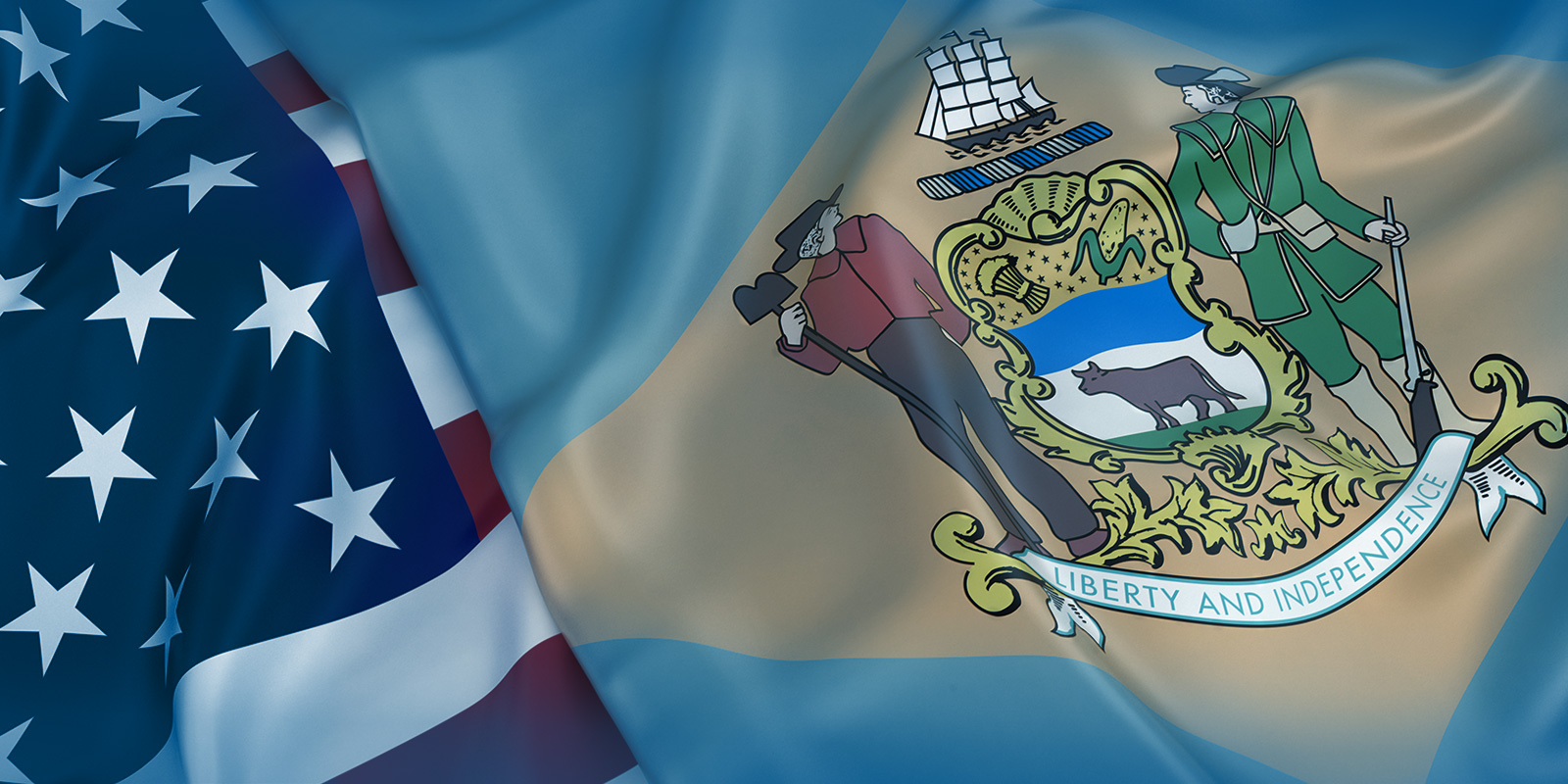Can you cite those?
Specifically where:
it was decided in Delaware chancery court (since other courts would have been under different rules than this case)
and
There was an explicit specific performance clause in the contract, as there is here, that was attempted to be enforced as twitter plans to do- and the court did NOT enforce it
It's entirely possible such cases exist and I'd be very curious to see em since you seem to suggest you know of such.
In the merger agreement financing is called out as:
Elon personally has to provide 21 billion in actual cash (which he was planning to get in part from other investors- but an inability to do so is not a listed reason for cancelling the merger if he has any other way to get the $- which he does of course). Then he was to provide another 13 billion from a debt financed loan, then another 12.5 billion from a margin loan- both of which he had letters supporting the existence of. The fact he can no longer find folks who want to SHARE that obligation with him doesn't remove it. If TSLA crashed so hard the margin loan couldn't fund, THAT would be a valid reason to kill the deal (but he'd owe the 1 billion failure to execute money).... but otherwise if he has the $, he's on the hook for it- regardless of if others outside that merger agreement he planned to share equity and debt with aren't interested anymore.
Since we don't know deeper details on the financing it's hard to speak definitively, but "other people not in the agreement don't want to help me buy anymore" isn't, necessarily, a get out of specific performance jail card.
If the court determines that mDAU being wrong (which Twitter explicitly says it might be in their SEC filings going back 10 years) is not an MAE, then there'd be no discovery permitted in relation to it.
That's kind of the crux at this point.
Is a made-up measurement, that doesn't have anything to do with GAAP accounting or rules, and which twitter has spent a decade saying might be way off-- is that actually being off an MAE?
Why that's not relevant has been explained, in detail, here for anyone interested:
Not exactly true, there is a very famous acquisition made by HP that turned out to be fraudulent. HP sued, and won, and clawed by billions after the deal was over. There's a few problems with this analogy: 1) They sued under UK law, not US- which is substantially different. 2) They...

teslamotorsclub.com
(tl;dr- it wasn't even in the US and was a civil suit against a billionare who profited from vast outright GAAP accounting fraud)
Also might make the mods happy if further discussion in general went to that thread.




/cloudfront-us-east-2.images.arcpublishing.com/reuters/H4EYCHFYOZOGBELEXSU6EKQLAQ.jpg)